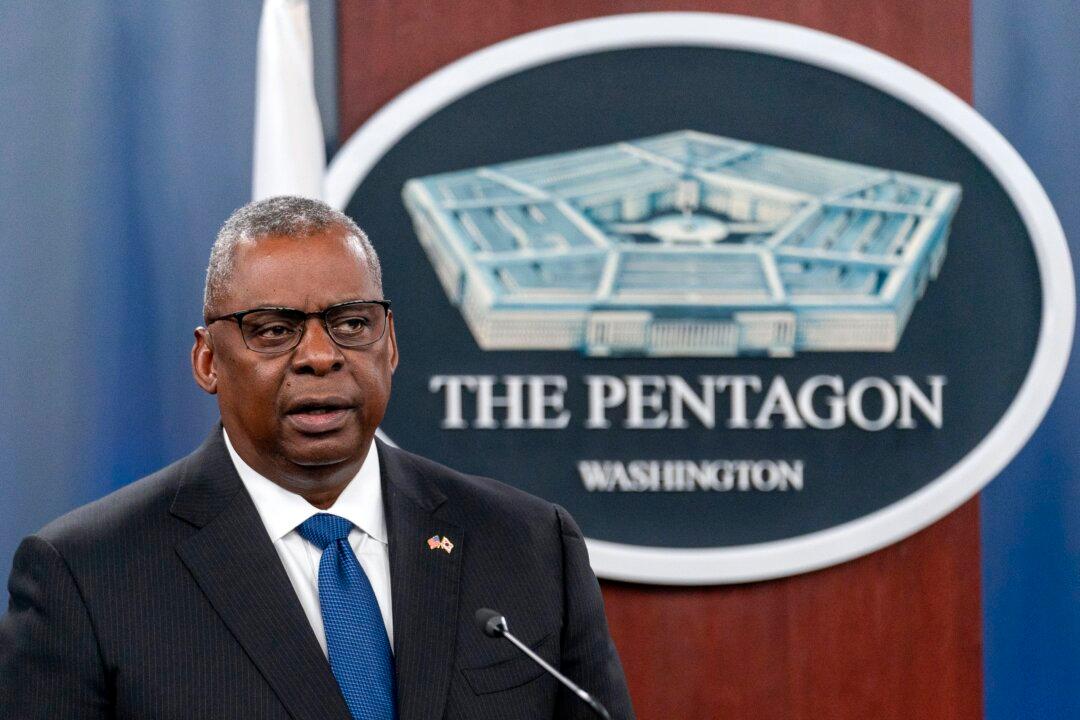Defense Secretary Lloyd Austin says that he wants to keep imposing the U.S. military’s COVID-19 vaccine mandate amid calls by Republicans and a small number of Democrats to scrap the rule in light of recent recruitment shortfalls.
On Nov. 30, more than 20 Republican governors sent a letter to President Joe Biden asking that the administration remove the mandate, saying it has hurt the U.S. National Guard’s ability to recruit troops. Congress may consider legislation this coming week to end the mandate as a requirement to gather enough support to pass this year’s defense budget.





